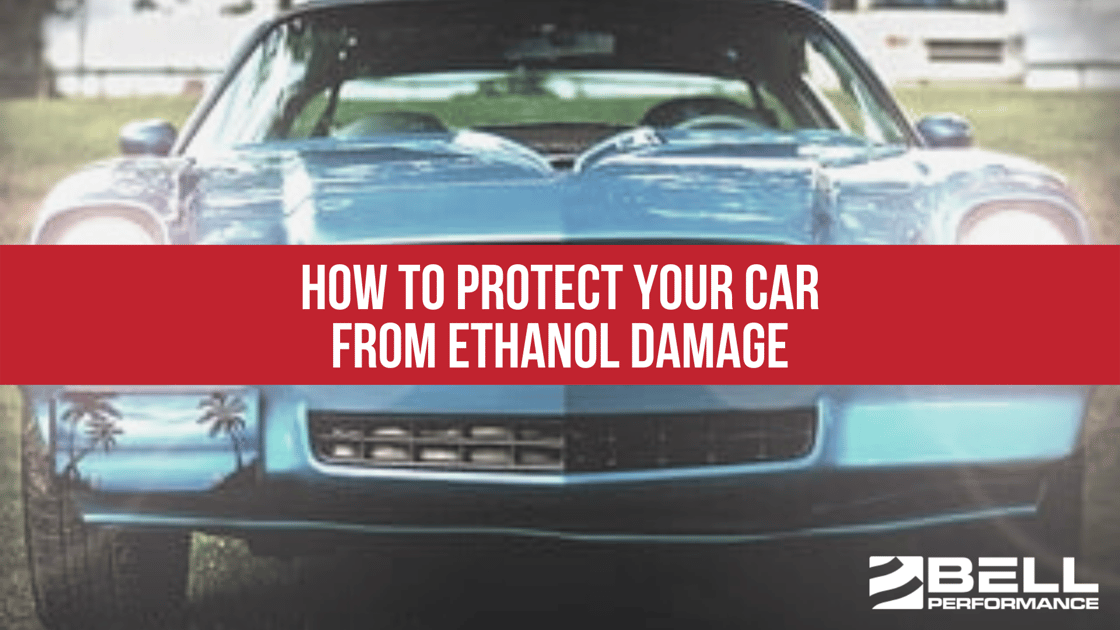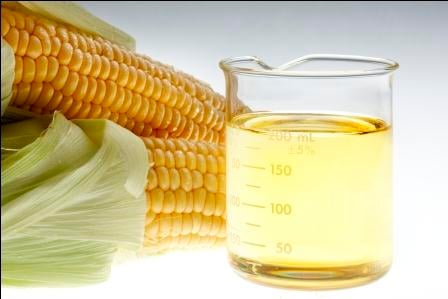The Most Common Signs of Engine Damage
Today most gas sold at the pump has ethanol in it. Gasoline called E10 has up to 10 percent ethanol and E15 gas called E15 has up to 15 percent...

There are many things that can cause damage to your vehicle. Objects on the road can damage your tires, salt on roadways can damage your paint and sheet metal, and falling objects can damage your windows.
You expect that the fuel you use is going to be safe for your vehicle. Unfortunately, with the new ethanol blends, many consumers are finding something else to worry about – whether or not that fuel is going to cause damage.
Ethanol is used in fuel for vehicles in varying degrees, from small amounts of ten or fifteen percent added to raise octane level and reduce pollution, to large amounts like 85% for hybrid engines.
Read: Will Biden's Lifting Of The 15% Ban Lower Gas Prices?
 Ethanol can cause several types of damage to the engine in your vehicle.
Ethanol can cause several types of damage to the engine in your vehicle.
Your vehicle's fuel intake components can be damaged. In addition, ethanol can cause damage to the fuel pump in your vehicle. These repairs and replacements can range from a few hundred dollars to more than $1,000 to take care of properly. Cars made after 2003 have less to worry about in this regard. But a lot of us are keeping cars for longer and longer. The number of cars on the road that are more than ten years old is greater than ever before. These vehicles have more to worry about. But that's not all.
Your engine can actually be destroyed if the ethanol content in the fuel you use is too high. That’s one reason AAA has come out against the new 15% ethanol blends. They’re only supposed to be used in the most recent vehicles. But a lot of consumers are confused about the difference, and there likely will be many cases where E15 is fueled into a vehicle not designed to handle it. In some cases, the cost to replace the engine in a vehicle is more expensive than just purchasing a new car. And the large majority of insurance companies do not provide coverage for these types of damages and losses, so you are on your own if this happens to you.
As stated above, there are several remedies for ethanol damage. It's not as simple as just going into the engine or fuel delivery system and smoothing over the damage.
The damaged components must be replaced. Depending upon the year, make and model of your vehicle, the replacement parts, and labor fees can be well into the several thousand dollar range. Also depending upon the type of vehicle you own, it may be cheaper and less labor-intensive to just replace the entire car. That is something that no one wants to deal with.
The most obvious way to prevent ethanol damage is to always use the proper fuel in your vehicle. Check the manufacturer's recommendations for your vehicle, and always follow those guidelines. There are also additives that you can use in your vehicle to prevent ethanol-related problems. These additives are easily added to a tank of fuel in your vehicle and are relatively inexpensive. Even the most car unsavvy drivers can use these products to help protect a vehicle from damage.
By using an additive in your fuel system and paying close attention to the types of fuel that you use in your vehicle, you can help avoid costly damage to your vehicle's engine and fuel delivery system. You should also pay attention to your car and get it to a repair professional if you see any changes in performance or other issues.
Photo Credit / Creative Commons / No Changes Made
Today most gas sold at the pump has ethanol in it. Gasoline called E10 has up to 10 percent ethanol and E15 gas called E15 has up to 15 percent...

2011 was the year that people really started to realize how bad ethanol was for their vehicles and small engines. Repair shops around the country...

After months of discussion and anticipation, the other shoe has finally dropped. On October 13th, 2010, the EPA issued an approval to start offering...